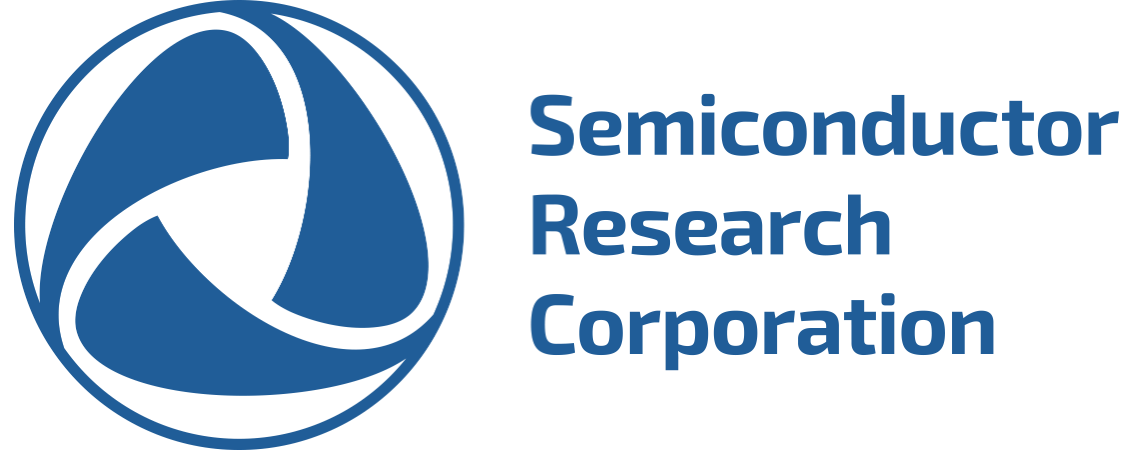Overview
The mission of the Center for Materials, Structures and Devices (MSD) is to conceive and explore paths that overcome the limits of Si CMOS scaling on the continuing evolution of electronics. This mission is to be accomplished in two prongs: CMOS-extension, where new device materials, structures and operating principles are pursued to overcome power-performance limitations of scaled transistors in future CMOS circuits, and CMOS-plus where system performance enhancement and functional diversification are pursued via heterogeneous device integration with CMOS. Both prongs are essential for continuing the leadership of US industry in critical IT, portable electronics, and system-on-chip applications in the commercial and defense sectors.
Research Focus
The MSD Center will pursue its two-pronged mission in research organized in six themes. Five of the themes are concentrated on experimental research in device science and technology while the sixth one closely collaborates with them to address key technology and device issues by advanced modeling and simulation. Theme 6 provides both guideposts for experiments and feedback through correlation of models and results. The themes are as follows:
- CMOS Extension Si-Ge Devices and Structures - This theme seeks to focus on understanding the fundamental limits to performance provided by novel materials and device structures in the strained Si/Ge materials system.
- CMOS Extension: III-V Devices and Structures - This theme explores CMOS device options based on III-V compound semiconductor channels with superior performance over Si at the 15 nm gate length regime and below.
- CMOS Extension: Carbon-Based Devices and Structures - This theme explores and develops carbon nanotube and graphene materials for CMOS extension, potentially toward gate lengths below 8 nm.
- CMOS Plus: Embedded Memory Structures and Devices - This theme focuses on demonstrating the benefits of novel emerging memory devices and benchmarking their performance against incumbent technologies, with a view toward generating device options for future embedded memory devices for co-optimization of logic and embedded memory in electronic systems.
- CMOS Plus: Functional Diversification of Electronics - investigates materials, structures, and devices that can perform specialized functions to extend the functional scaling of the CMOS platform.
- Theory, Modeling and Simulation for CMOS-extension and CMOS-plus - This theme addresses, through exploratory theory, modeling, and simulation, both prongs of the proposed MSD center: CMOS-extension and CMOS-plus.
Center Management
Center Director
Dimitri Antoniadis / MIT
Leadership Council
The Director is supported in his role by the the Leadership Council, which he chairs. The members of the council are appointed by the director on one-year renewable terms. The council meets as a group by teleconference on a regular basis.
Advisory Board
An external Advisory Board enhances the center's involvement with member companies and appropriate federal government agencies.
Collaboration
The MSD Center has in place several methods for promoting collaborative research, outreach and sharing of information. These include a regular (weekly) teleseminar series as well as intra- and inter-center workshops with industry and government participation.
Legacy Content
FCRP Phase V ended on 31-Jan-2013, and this content may no longer be current.
Longer term microelectronics research is now being sponsored by DARPA and industry participants in STARnet (FCRP Phase VI).
MSD Metrics
-
Since Inception
22 Projects24 Universities330 Research Scholars89 Faculty Researchers26 Liaisons2,050 Research Data


 MSD
MSD